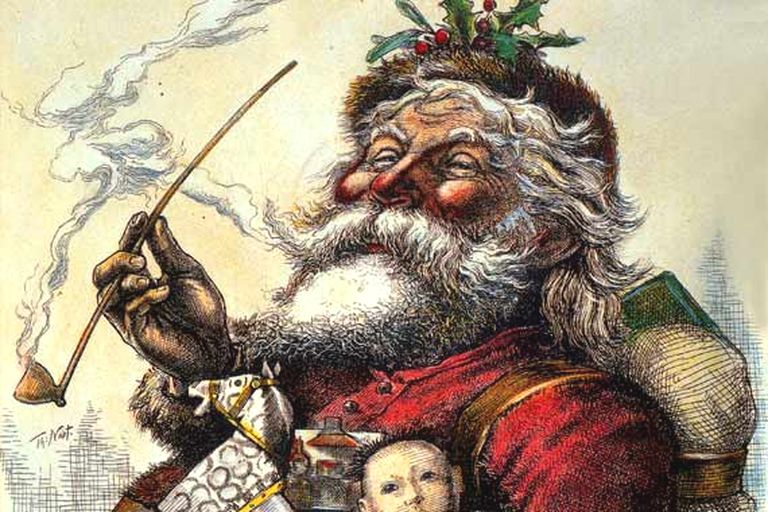I am convinced that there are three things to rejoice at in this Age—The Excursion, Your Pictures, and Hazlitt’s depth of Taste.
– John Keats in his letter to Benjamin Robert Haydon on 10th January, 1818.
The onset of life is poetry. A rose may smell as sweet by any other name but a child’s first words with the maternal force of divine, in any shape or form other than the rhythmical, cadenced cry cannot weave the same magic in the ears or the airs of the world. When a mother lullabies her child to sleep for the first time, poetry becomes the first and the sweetest words of instruction for a lifetime. When a Teacher establishes her first contact with the aliens on earth who are to be schooled to become humans, poetry drenches and softens the first pathways of unyielding greatness.
Professor William Hastie taught at the Scottish Church College, Calcutta. At the time, this college was known as the General Assembly Institution. The Professor in one of his classes was discussing the ‘Great Poem’ of William Wordsworth – The Excursion. It is the longest poem written by the poet and is considered to be one of the most influential poems of its time. The poem advances through a debate among its 4 main characters – the Poet, the Wanderer, the Solitary, and the Pastor. This poem was published in 1814 and is arranged into 9 books. Notably, the 3rd and the 4th books consist of a conversation between the Wanderer and the Solitary regarding religion, spirituality, and human virtues. As with every other poem of Wordsworth, these lines too were born from the deep meditative reflections of his mood. For me, Wordsworth becomes one with his subjects of poetry – nature, mind, or soul notwithstanding, he seemed to transcend into the inner chambers of entities he dealt with. Naturally, he remains one of the most difficult poets to teach in a classroom.
But descending
From these imaginative heights, that yield
Far-stretching views into eternity,
Acknowledge that to Nature’s humbler power
Your cherished sullenness is forced to bend
Even here, where her amenities are sown
With sparing hand. Then trust yourself abroad
To range her blooming bowers, and spacious fields,
Where on the labours of the happy throng
She smiles, including in her wide embrace
City, and town, and tower,–and sea with ships
Sprinkled;–be our Companion while we track
Her rivers populous with gliding life;
While, free as air, o’er printless sands we march,
Or pierce the gloom of her majestic woods;
Roaming, or resting under grateful shade
In peace and meditative cheerfulness;
Where living things, and things inanimate,
Do speak, at Heaven’s command, to eye and ear,
And speak to social reason’s inner sense,
With inarticulate language.
– From Book 4, Despondency Corrected, The Excursion – William Wordsworth
During his lecture on the poem, Professor Hastie was explaining the nature and meaning of ‘trance’. For his students to have an understanding of the subject, he directed them to visit Dakshineshwar in Calcutta and see Sri Ramakrishna who was believed to be a realized soul in spiritual experiences and someone who went into Bhava-Samadhi (a state of ecstatic and heightened consciousness or spiritual ecstasy) at will.
Narendranath Dutta, who was present in the classroom, heeded to Hastie’s advice and went to see Sri Ramakrishna. This young man was to become Swami Vivekananda through his association with Sri Ramakrishna in the years to come by collecting gems at his Master’s feet and influence the history of humanity in a way that the French Nobel Laureate Romain Rolland described thus – “His words are great music, phrases in the style of Beethoven, stirring rhythms like the march of Handel choruses. I cannot touch these sayings of his, scattered as they are through the pages of books at thirty years’ distance, without receiving a thrill through my body like an electric shock. And what shocks, what transports must have been produced when in burning words they issued from the lips of the hero !
India was hauled out of the shifting sands of barren speculation wherein she had been engulfed for centuries, by the hand of one of her own sannya?sins; and the result was that the whole reservoir of mysticism, sleeping beneath, broke its bounds and spread by a series of great ripples into action. The West ought to be aware of the tremendous energies liberated by these means.”
Sublimity, thy name is Poetry!





